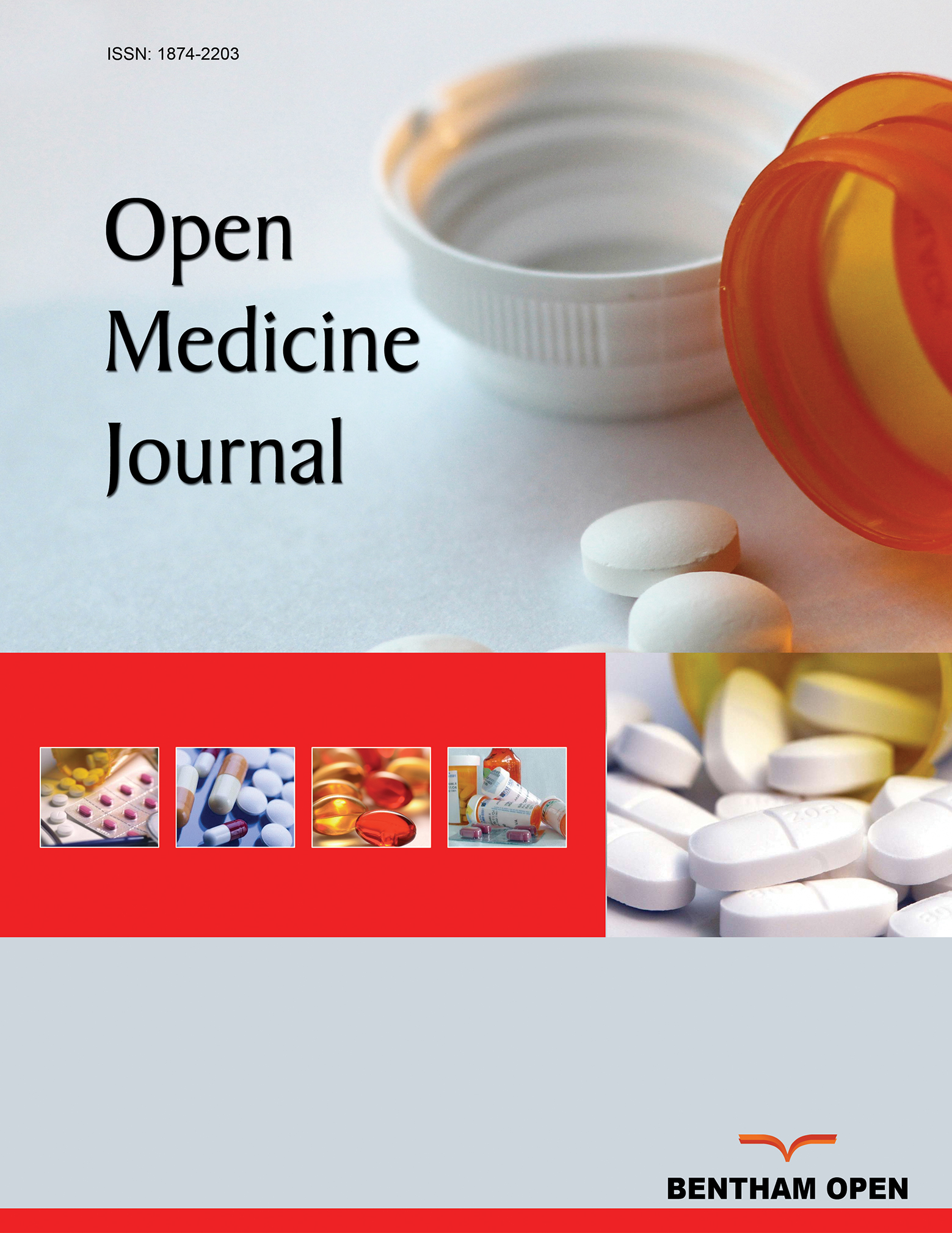All published articles of this journal are available on ScienceDirect.
Stroke Severity and Outcomes in Patients with and without Atrial Fibrillation
Abstract
Background
Atrial fibrillation (AF) is a major risk factor for ischemic stroke. It is important to verify the effect of AF on the outcomes of stroke.
Objective
To compare stroke severity and outcomes regarding stroke victims with and without AF.
Methods
Analysis of the medical data (including age, sex, stroke type, localization, treatment method, severity and outcomes of the stroke (according to the National Institutes of Health Stroke Scale (NIHSS) score, Barthel index score, death), antithrombotic treatment) of 200 stroke patients (100 with AF, 100 without AF).
Results
Patients with AF were older than non-AF patients (76.19 ± 9.4 vs. 66.99 ± 11.7, p<0.001), there were more women among them (63 vs. 39, p=0.01). 53 patients with AF had used anticoagulants (AC) before stroke (most of them were used ineffectively), 99 had had indications to use them. The distribution of the type of the stroke did not differ significantly between groups. AF patients had stroke in the area of the brain supplied by the carotid artery more often (95% vs. 78%, p<0.001). Initial stroke severity (p=0.006), NIHSS after thrombolysis (p=0.008), NIHSS 7 days after thrombolysis (p=0.01) was higher in AF patients; Barthel index score (p=0.194) and mortality (p=0.323) did not differ.
Conclusion
Patients with AF experienced more severe strokes and presented higher neurologic deficits than patients without this condition. Nevertheless, the mortality and patients' final functional status did not differ. AC usage in patients with AF did not alleviate neurologic deficits and stroke outcomes possibly due to their insufficient usage.


